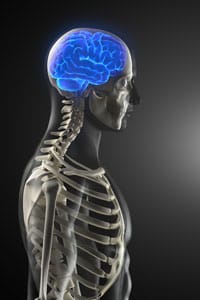Objective Binge Eating Vs. Subjective Binge Eating
Binge eating is a behavior that occurs when people eat unusually large amounts of food in a relatively short period of time. This behavior plays a central role in two officially diagnosable eating disorders, called bulimia nervosa and binge-eating disorder. Some affected individuals truly consume excessive amounts of calories, and therefore participate in something called […]
Objective Binge Eating Vs. Subjective Binge Eating Read More »






